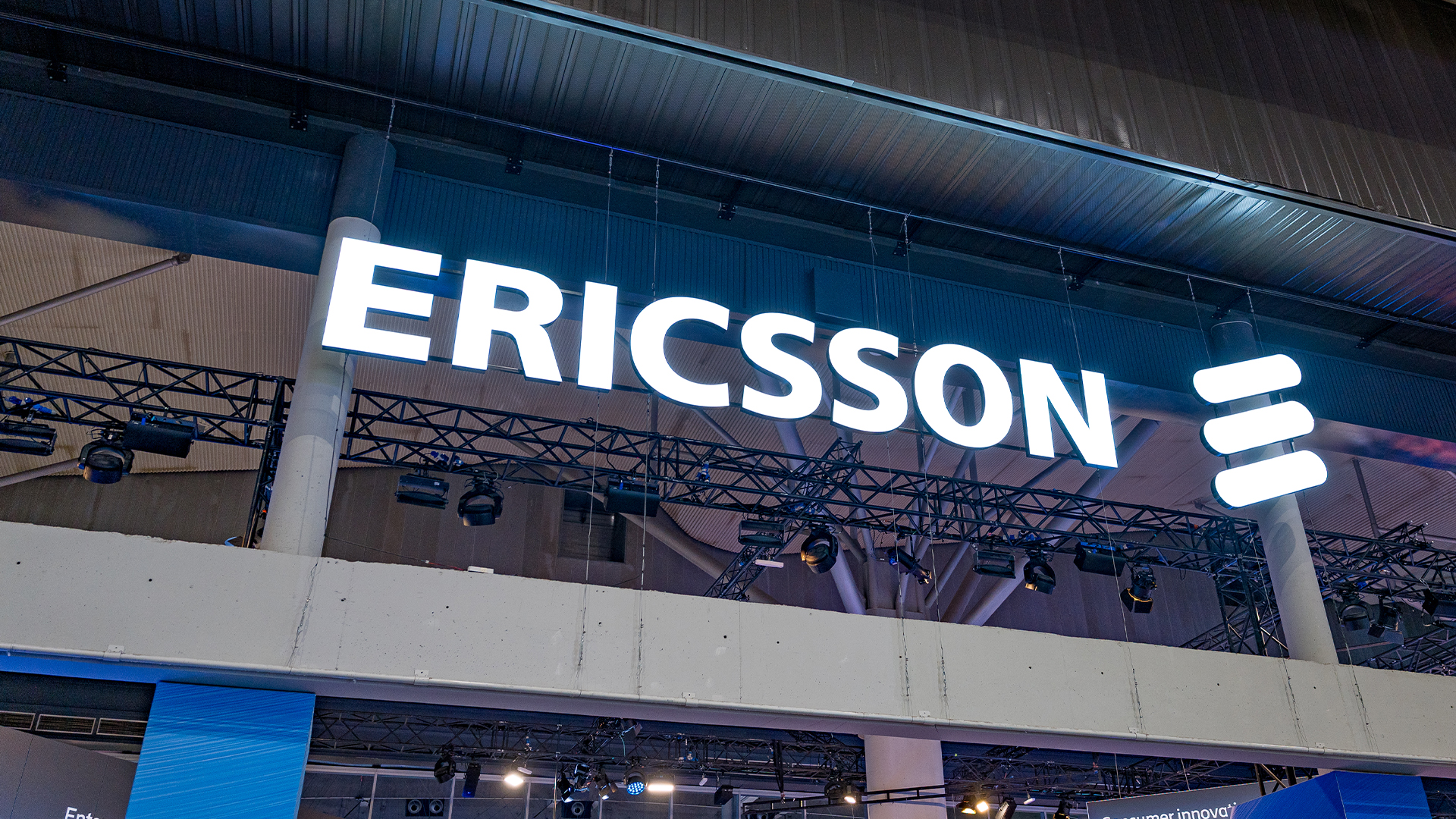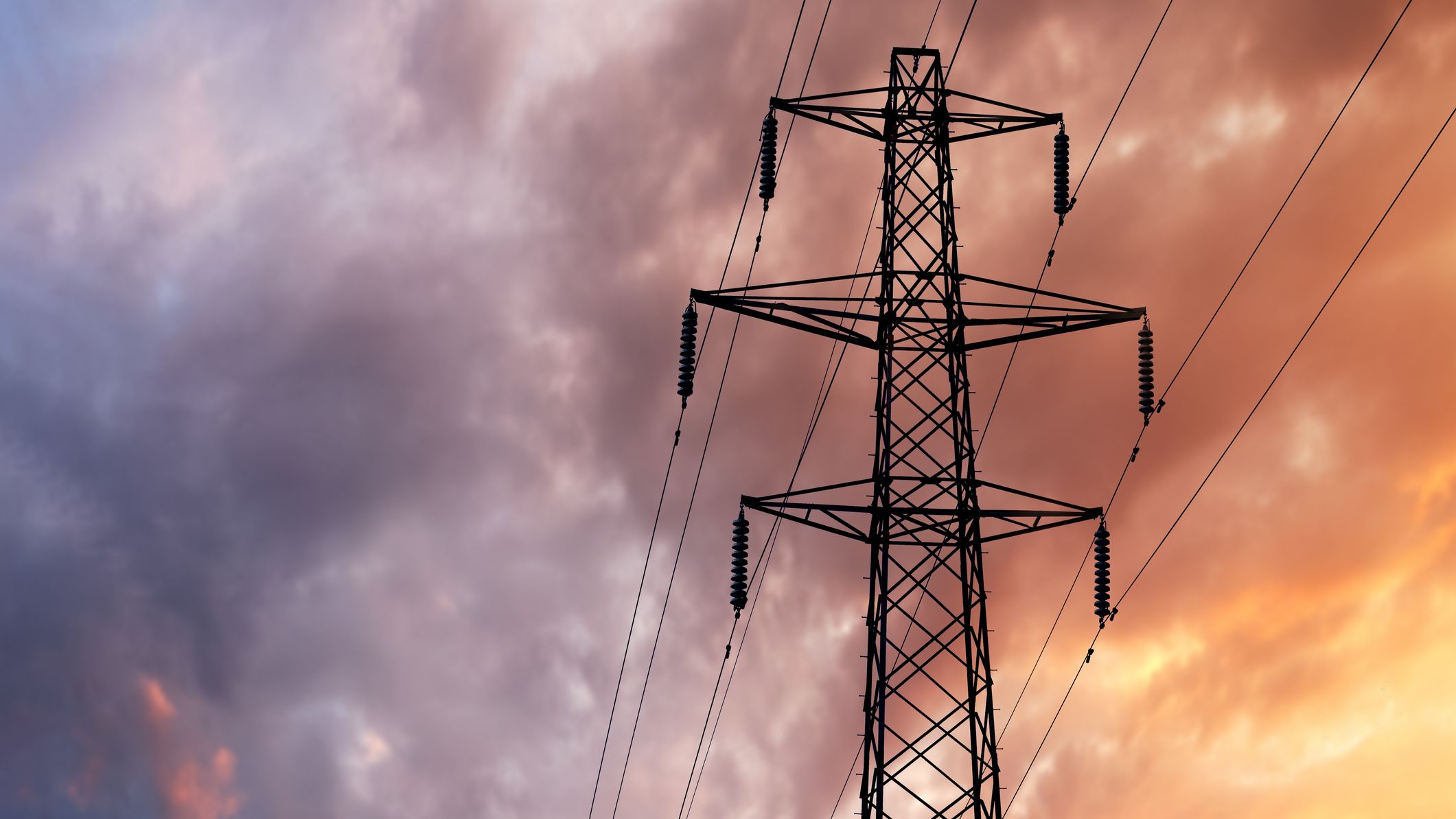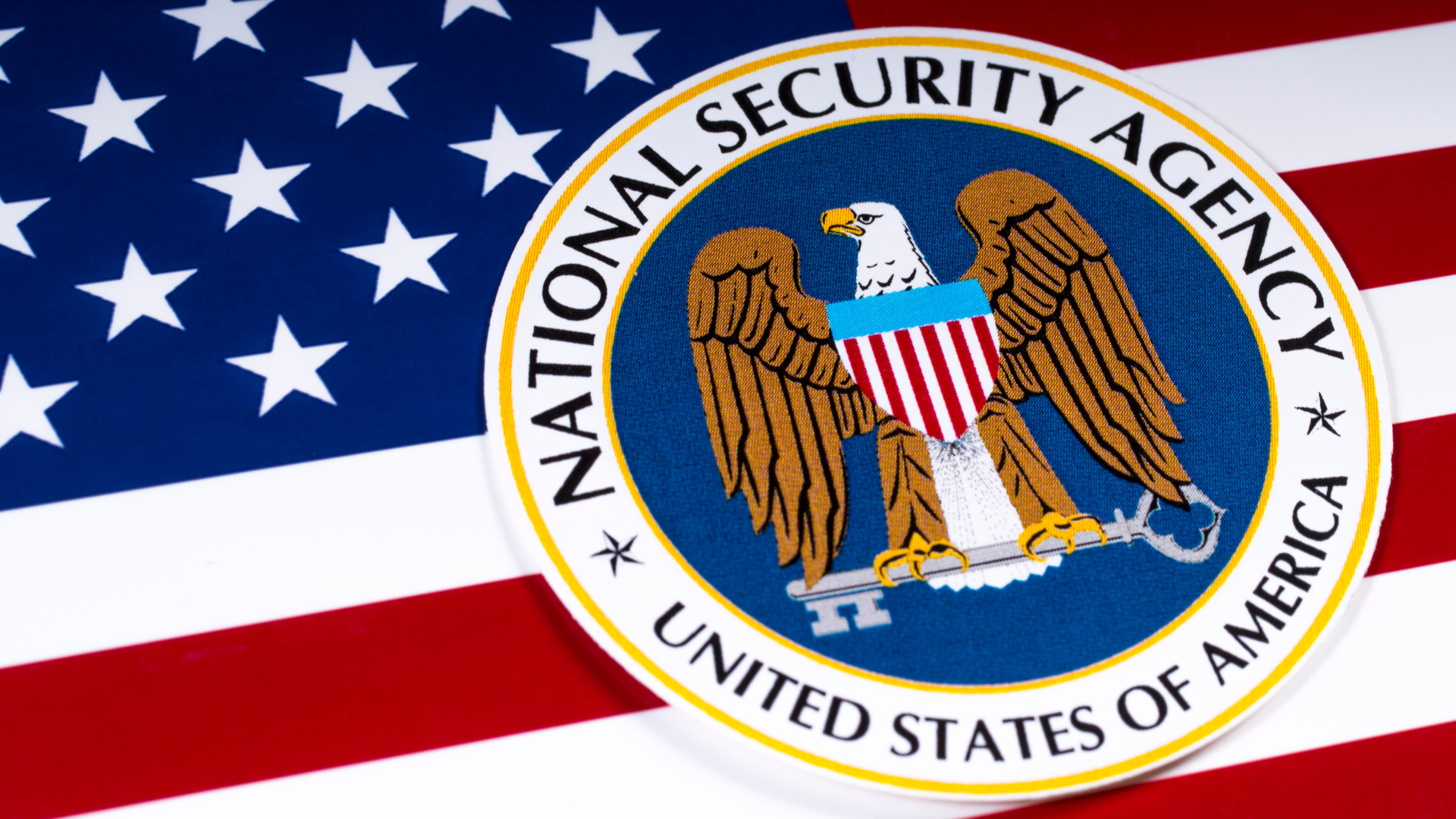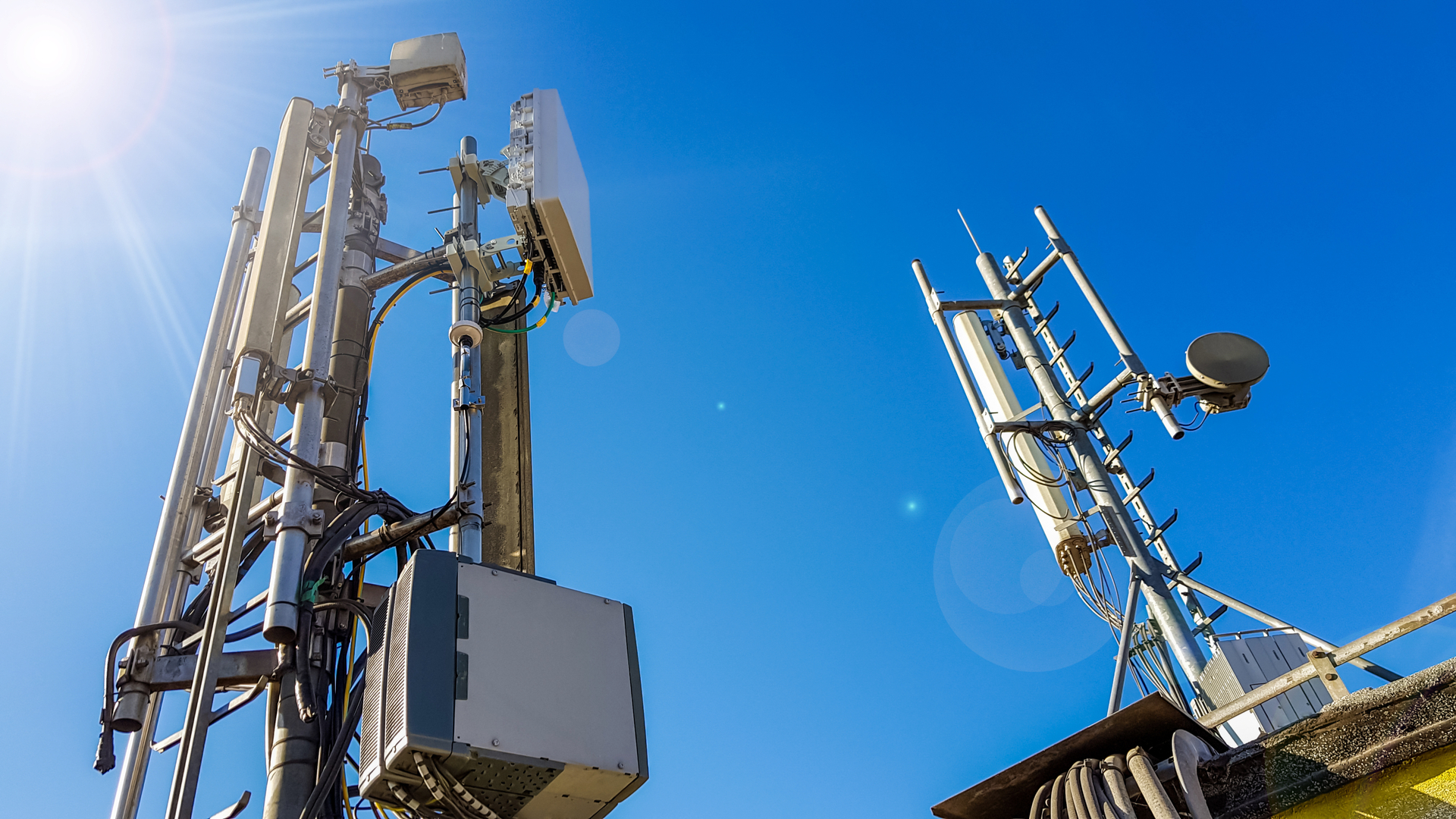Freeview threatened by 4G rollout
Government reveals deployment of 4G networks could result in up to 1.9 million homes losing access to Freeview channels.


Sign up today and you will receive a free copy of our Future Focus 2025 report - the leading guidance on AI, cybersecurity and other IT challenges as per 700+ senior executives
You are now subscribed
Your newsletter sign-up was successful
The rollout of 4G across the UK could result in access to Freeview TV services being lost in 1.9 million homes, the media secretary has warned.
Ed Vaizey, responding to questions from MPs John Mann and Anna Soubry about the rollout of 4G rollout, said: "Ofcom estimated that the number of households using signal amplifiers was nine million of which up to 945,000 could be affected.
Ofcom estimates that the numbers affected could fall to 5,100 and 3,400 households.
"The number of households using a communal aerial system was 5.6 million of which up to 953,000 households could be affected," he added.
This means that 1,898,000 homes in the UK could find blank screens when they switch on their televisions. Homes that could lose out are in areas where the current Freeview signal is low or marginal or where aerials are shared in communal flats and apartments.
The government is paving the way for the rollout of 4G in the UK, which will bring ultra fast mobile broadband to smartphone and tablet users.
However, the part of the spectrum to be used by the new technology is very similar to Freeview's. This means that for some homes Freeview will be inaccessible, forcing them to use either satellite or cable services.
Sign up today and you will receive a free copy of our Future Focus 2025 report - the leading guidance on AI, cybersecurity and other IT challenges as per 700+ senior executives
To tackle this, an independent body, MitCo, has been created who will be responsible for providing affected households with filters to mitigate the risk of interference.
MitCo will be funded to the tune of 180 million by the major mobile operators. Around 20 million of this money will be used to fix the signal interference 4G will bring to Freeview services.
Ofcom admitted that even after this money has been spent, up to 5,000 homes may still not have access to Freeview.
"Ofcom estimates that the numbers of affected households could fall to 5,100 and 3,400 households respectively once a mixture of consumer-based and selective mobile network based mitigation methods are applied," said Vaizey.
Rene Millman is a freelance writer and broadcaster who covers cybersecurity, AI, IoT, and the cloud. He also works as a contributing analyst at GigaOm and has previously worked as an analyst for Gartner covering the infrastructure market. He has made numerous television appearances to give his views and expertise on technology trends and companies that affect and shape our lives. You can follow Rene Millman on Twitter.
-
 ITPro Best of Show NAB 2026 awards now open for entries
ITPro Best of Show NAB 2026 awards now open for entriesThe awards are a fantastic opportunity for companies to stand out at one of the industry's most attended shows
-
 Mistral CEO Arthur Mensch thinks 50% of SaaS solutions could be supplanted by AI
Mistral CEO Arthur Mensch thinks 50% of SaaS solutions could be supplanted by AINews Mensch’s comments come amidst rising concerns about the impact of AI on traditional software
-
 Three and Ericsson just launched a first-of-its-kind managed 5G service for businesses
Three and Ericsson just launched a first-of-its-kind managed 5G service for businessesNews The new 5G service looks to supercharge business connectivity across Ireland
-
 UK regions invited to apply for ‘AI Growth Zone’ status
UK regions invited to apply for ‘AI Growth Zone’ statusNews The UK government has opened up bidding for regions hoping to secure 'AI growth zone' status.
-
 Ofcom net neutrality update dismisses calls for big tech contributions
Ofcom net neutrality update dismisses calls for big tech contributionsNews Ofcom’s net neutrality stance has been criticized by some industry stakeholders
-
 “Botched government procurement” leads to £24 million Atos settlement
“Botched government procurement” leads to £24 million Atos settlementNews Labour has accused the Conservative government of using taxpayers’ money to pay for their own mistakes
-
 UK government to run Starlink trials in Snowdonia, Lake District
UK government to run Starlink trials in Snowdonia, Lake DistrictNews The government has indicated low-Earth orbit satellites could be key to expanding connectivity to UK businesses
-
 Government holds talks with data centre operators over energy blackout threat
Government holds talks with data centre operators over energy blackout threatNews One data centre operator has been preparing to switch over to diesel power in the event of a national blackout
-
 HPE inks $2 billion high-performance computing deal with the NSA
HPE inks $2 billion high-performance computing deal with the NSANews HPE will provide scalable on-premises computing to the NSA using Greenlake
-
 UK 5G spectrum auction will finally go ahead this week
UK 5G spectrum auction will finally go ahead this weekNews The much awaited auction will involve companies bidding for frequency in two bands
